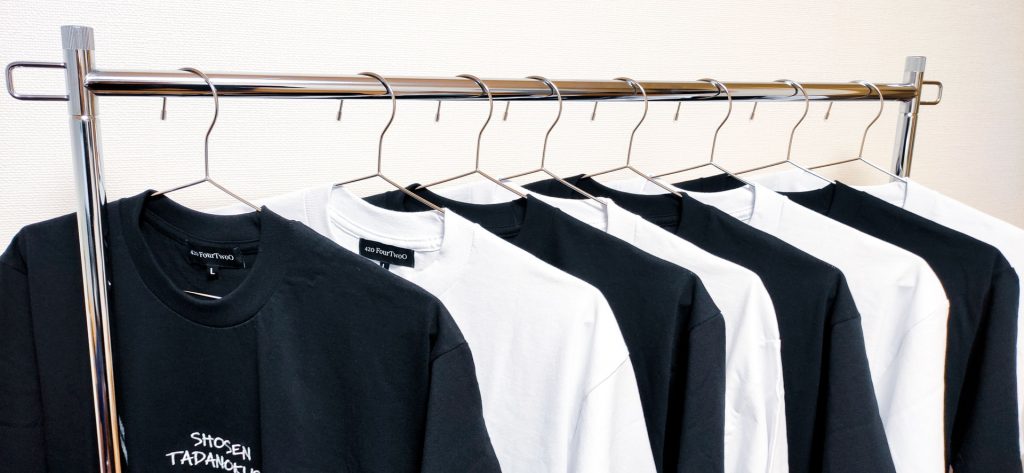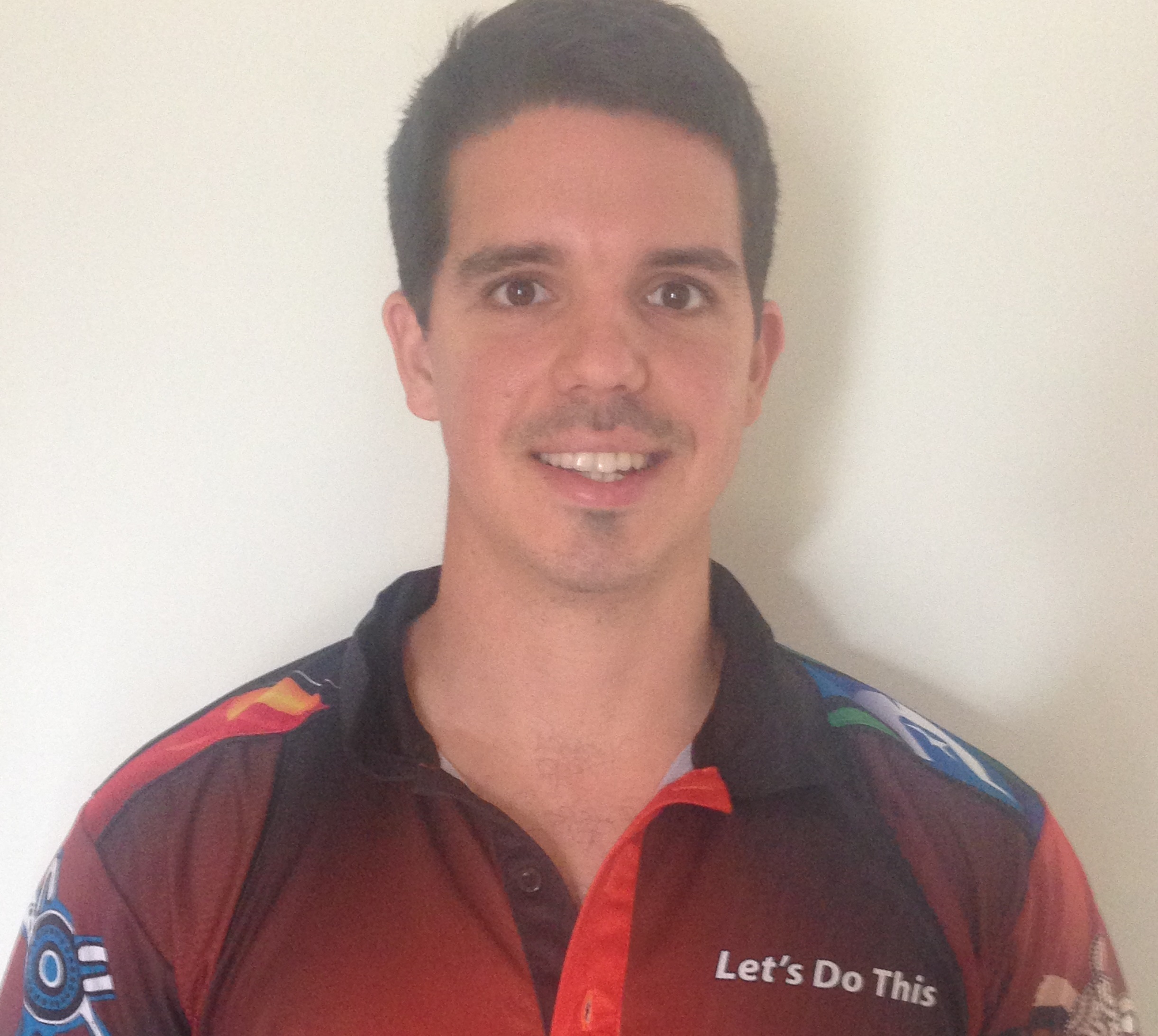Assisting an Artist in licensing their artwork to a clothing brand


Arts Law has received funding from the Indigenous Visual Arts Industry Support (IVAIS) for our Licensing the Right Way project. Licensing the Right Way aims to help artists with copyright licensing agreements. Arts Law is working with artists and organisations to make sure licensing deals are fair for artists and follow best practice. Our work has connected us with dozens of Indigenous artists and arts organisations across the country.
One of these artists, Alex*, is an Indigenous artist, designer, musician, actor and model based in Melbourne. Passionate about fashion and design, they have had several recent opportunities to work in this space. One opportunity included new licensing arrangements for their designs.
It is important for emerging artists to protect their rights in the early stages of their career. It is also crucial for Aboriginal and Torres Strait Islander artists to protect and control the cultural knowledge that informs their practice.
Alex approached Arts Law for help with an exciting new project. They were collaborating with a clothing brand to produce hoodies using one of Alex’s designs. Principal Solicitor Suzanne Derry explained the various legal issues at play. Arts Law also helped Alex draft responses as they negotiated the licence. Arts Law made sure the licence was fair and that Alex got paid a good rate for their work. Importantly, Alex also continues to hold the rights in their original artwork. We were also able to ensure that they fully understood the terms of the licence agreement. This includes finer details like their obligations in the promotion of the hoodies.
“My first experience with Arts Law was great as I was able to ask simple questions about my rights as an individual artist and was assisted with licensing arrangements. This was important as I had been told stories of Indigenous artists having their artworks unknowingly copied/replicated and used in privatised spaces domestically and internationally. I wanted to make sure that the organisations I was working with were aware and informed of what all parties was entitled to within the arrangement. Overall it was great learning experience for myself to develop an awareness in this space and know that there’s people I can ask questions too.”
Alex*, artist
If you, like Alex, need some legal advice about giving permission to use your work or licensing, contact Arts Law. Aboriginal and Torres Strait Islander artists can also access free legal advice through our Artists in the Black (AITB) program. Arts Law can help you achieve a fair deal that protects your rights. If you would like to read more about your rights when licensing your work, see our Information Sheet on Copyright Licensing.
Arts Law also gives general advice about issues that might affect your arts practice. In this instance we gave Alex additional information about keeping their ideas confidential. The Arts Law lawyer also explained some of the issues that might come up as the result of their engagement as a contractor. This can be very different, legally, to an employer-employee relationship. If you are an employee, your employer will own the copyright in anything you create at work. If you are an independent contractor, usually you will retain copyright in your work. A contract can change this situation so it’s good to check.
*Name has been changed



